Waco: The Aftermath: Separating the Fact vs Fiction in Showtime's Waco Sequel
-
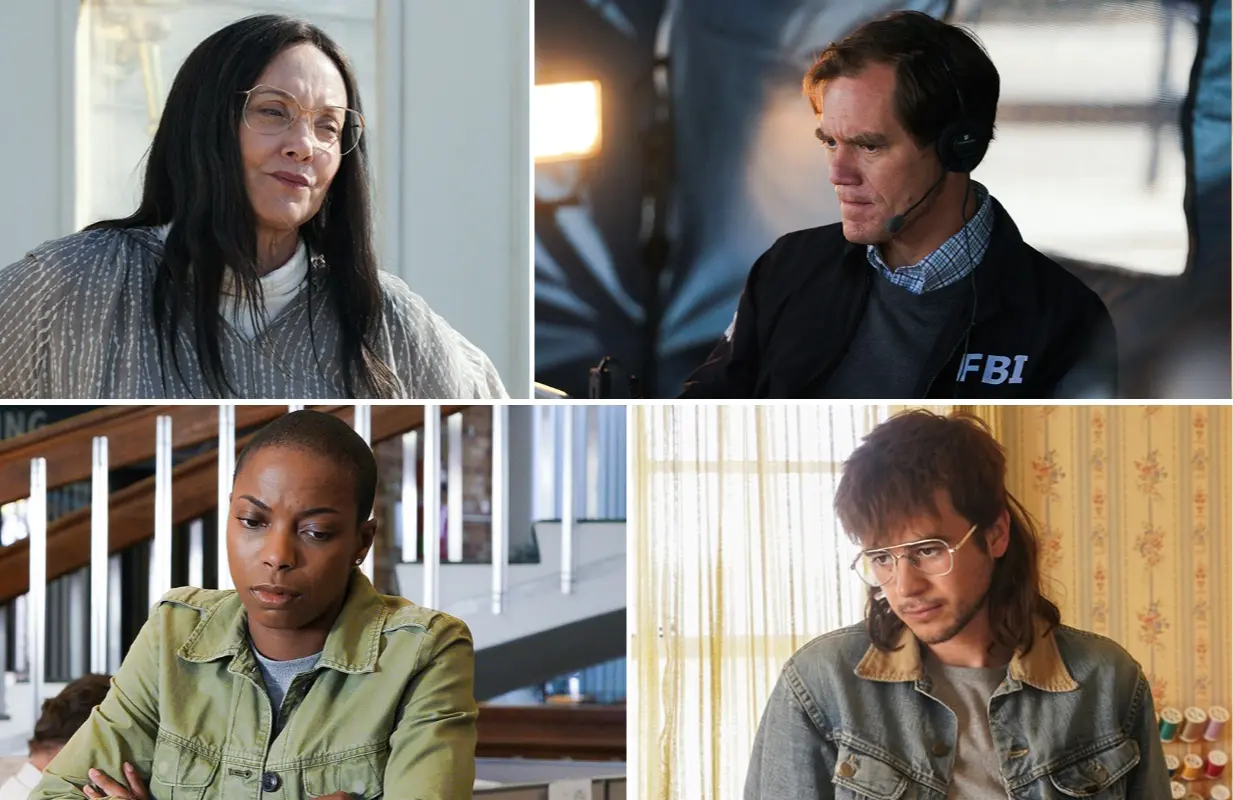 J. Smith-Cameron, Michael Shannon, Sasheer Zamata, and Keean Johnson in Waco: The Aftermath (Photos: Showtime)
J. Smith-Cameron, Michael Shannon, Sasheer Zamata, and Keean Johnson in Waco: The Aftermath (Photos: Showtime)Released to coincide with the 30th anniversary of the 1993 siege at the Branch Davidian compound outside Waco, Texas, which led to the deaths of David Koresh and 75 of his followers, Waco: The Aftermath picks up where Paramount Network's 2018 limited series left off. The five-episode sequel reunites viewers with FBI negotiator Gary Noesner (Michael Shannon), who learns of a new threat that has emerged from within America's far-right militia movement. Meanwhile, attorney Dan Cogdell (Giovanni Ribisi) works to defend the Branch Davidians in court, but he must contend with a hostile judge (David Costabile) and a group of defendants who continue to stand by their leader even after his death.
But despite its title, Waco: The Aftermath is also a prequel of sorts: The show toggles between the mid-1990s and the early 1980s, when a young David Koresh, then known as Vernon Howell (Keean Johnson), joined the Branch Davidian sect. Flashbacks show Vernon begin a sexual relationship with the group's leader, Lois Roden (J. Smith-Cameron), and assume control over their Mount Carmel compound in the wake of her death. These vignettes also offer additional insight into the surviving Branch Davidians and their unwavering belief in Koresh's religious teachings.
Waco: The Aftermath covers a lot of ground in just five episodes, but it offers a fairly comprehensive look at the tragedy, the consequences of which we're still facing today. From Lois Roden to government informant Carol Howe, these are the major players in Showtime's Waco sequel.
Vernon Howell, aka David Koresh (Keean Johnson)

Waco (2018) featured Taylor Kitsch as the 35-year-old Koresh, but The Aftermath introduces a younger version of the Branch Davidian leader, played by Keean Johnson (The Ultimate Playlist of Noise). In 1981, 22-year-old Vernon Howell arrived at Mount Carmel after he was expelled from the Seventh-day Adventist Church for attempting to take the pastor's daughter as his wife. Howell claimed that God wanted him to pursue the pastor's daughter; shortly after joining the Branch Davidians, he once again professed to being a prophet. The group's leader, Lois Roden, seemed to believe this claim, and according to survivor David Thibodeau, whose book serves as the basis for both Waco series, they began a sexual relationship, with Howell arguing that God told him their child would be the "Chosen One."
Howell's close relationship with the 68-year-old Roden angered her son George, who expected to take over for Roden and saw Howell as a threat to his succession. George and his heavily-armed allies ultimately forced Howell to leave the compound, but after years of violence between the two camps — resulting in Howell being tried for attempted murder — George was sent to a psychiatric hospital for murdering another man, and Howell reclaimed Mount Carmel. In 1990, he legally changed his name to David Koresh, a name he felt honored his supposed divine connection.
In the years leading up to the siege, Koresh sexually abused young girls and annulled his followers' marriages, taking the women as his own wives. He's also believed to have stockpiled an alarming amount of illegal weapons, which led the Bureau of Alcohol, Fire, and Tobacco (ATF) to execute a search warrant on the compound on February 28, 1993. On April 19, after 51 days of conflict, federal authorities launched a tear gas attack on the compound. A fire (the source of which remains in dispute) soon engulfed the building, resulting in the deaths of 76 Branch Davidians, including Koresh and 25 children.
Lois Roden (J. Smith-Cameron) and George Roden (Michael Vincent Berry)
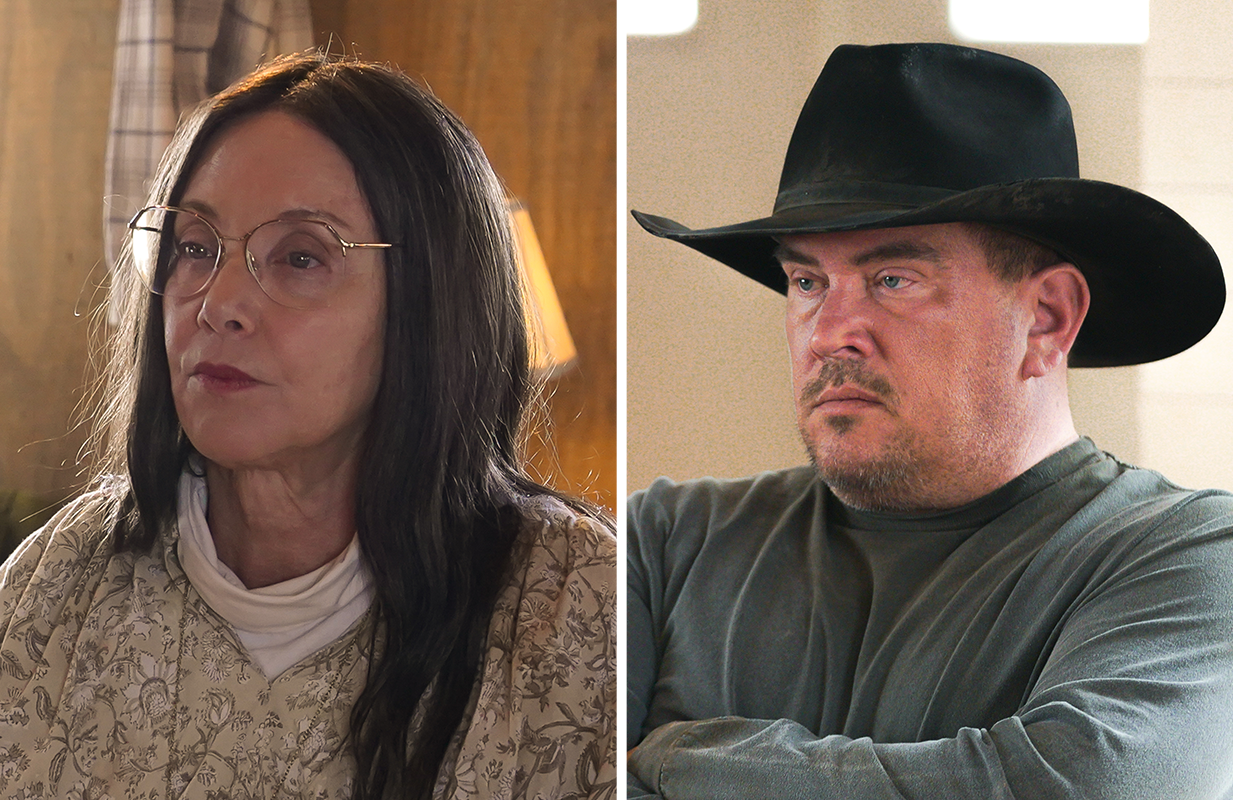
Succession star J. Smith-Cameron makes a guest appearance as Lois Roden, who assumed control of the Branch Davidians following the death of her husband, Benjamin Roden, the group's founder, in 1978. Roden believed that the Holy Spirit is a female entity, a teaching she shared in sermons and in her magazine, Shekinah. She served as president of the sect until her death in 1986, though her leadership was challenged by her son George and by Howell, her alleged lover, in 1983.
Waco: The Aftermath suggests George Roden, played by Michael Vincent Barry, disagreed with his mother's feminist reading of the Bible and worked to bring an end to her affair with Howell. (He filed a federal lawsuit alleging Howell raped and brainwashed Roden.) George and Howell soon became consumed by their power struggle, going so far as to trade heavy gunfire on the Mount Carmel property in 1987. Two years later, George murdered Wayman Dale Adair, who he claimed was sent by Howell to kill him. He was found not guilty by reason of insanity and was sent to the Big Spring State Hospital, where he died in 1998.
Gary Noesner (Michael Shannon)
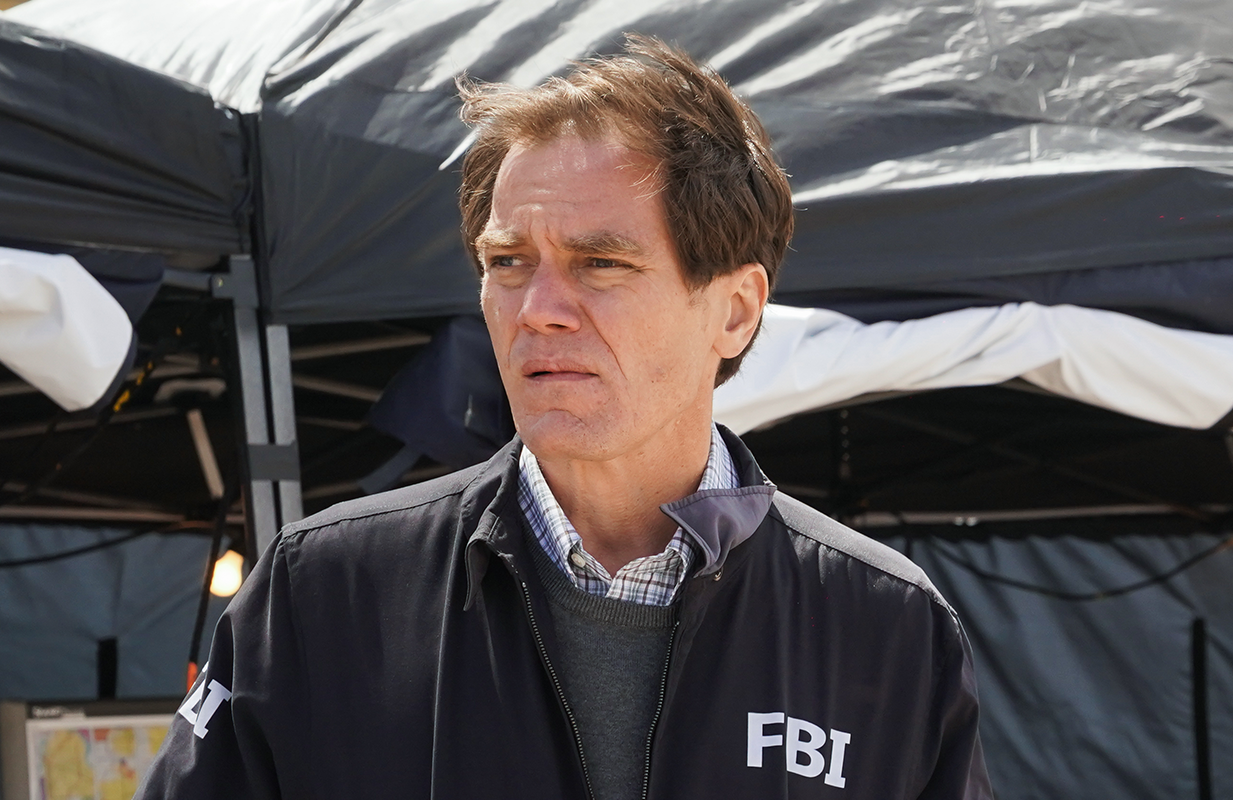
Michael Shannon reprises his role as FBI hostage negotiator Gary Noesner, who played a key role in facilitating the release of 35 people, including 21 children, throughout the 51-day siege. While Noesner is depicted as the hero of Paramount Network's Waco, he was only present for the first half of the standoff, as other members of the FBI and the ATF felt negotiations with Koresh had stalled and opted to pursue a more aggressive strategy.
After the Waco tragedy, Noesner guided the FBI's Crisis Negotiation Unit through the 1996 Montana Freemen standoff, in which a group of militant Christian Patriots engaged in an armed battle with federal agents. Shannon's character spends much of Waco: The Aftermath investigating instances of far-right, domestic terrorism that were connected to Waco, particularly the 1995 Oklahoma City bombing, but there's little evidence to suggest that Noesner was directly involved in this case in real life.
Angela Graham (Sasheer Zamata) and Carol Howe (Abbey Lee)

Woke star Sasheer Zamata embraces her dramatic side as ATF Agent Angela Graham, a major player in the Oklahoma City bombing investigation. In the months leading up to the bombing — which occurred on April 19, 1995, the two-year anniversary of the Waco fire — Graham recruited Carol Howe (Abbey Lee, Florida Man) to work as an undercover informant in Elohim City, a white-separatist community in Oklahoma.
Howe, who was raised by a wealthy family in Tulsa, was once a debutante, but in 1994, she became involved with White Aryan Resistance member Dennis Mahon and embraced white supremacist ideology. Later that year, she filed a restraining order against Mahon, attracting the attention of Graham, who was already keeping tabs on Mahon's fringe group. From August 1994 to March 1995, Howe was paid to monitor Elohim City; she claims she informed Graham and her ATF handlers that militants were planning to attack the Alfred P. Murrah Federal Building in Oklahoma City, but Graham's attorney has disputed Howe's account, calling it "damnable lies."
In the show, it's Noesner who convinces Howe to work as a federal informant, at which point he and Graham work together as her supervisors. However, it's unlikely Noesner worked with Howe either directly or indirectly, as Graham is the only federal agent who has been publicly linked to Howe.
Dan Cogdell (Giovanni Ribisi)
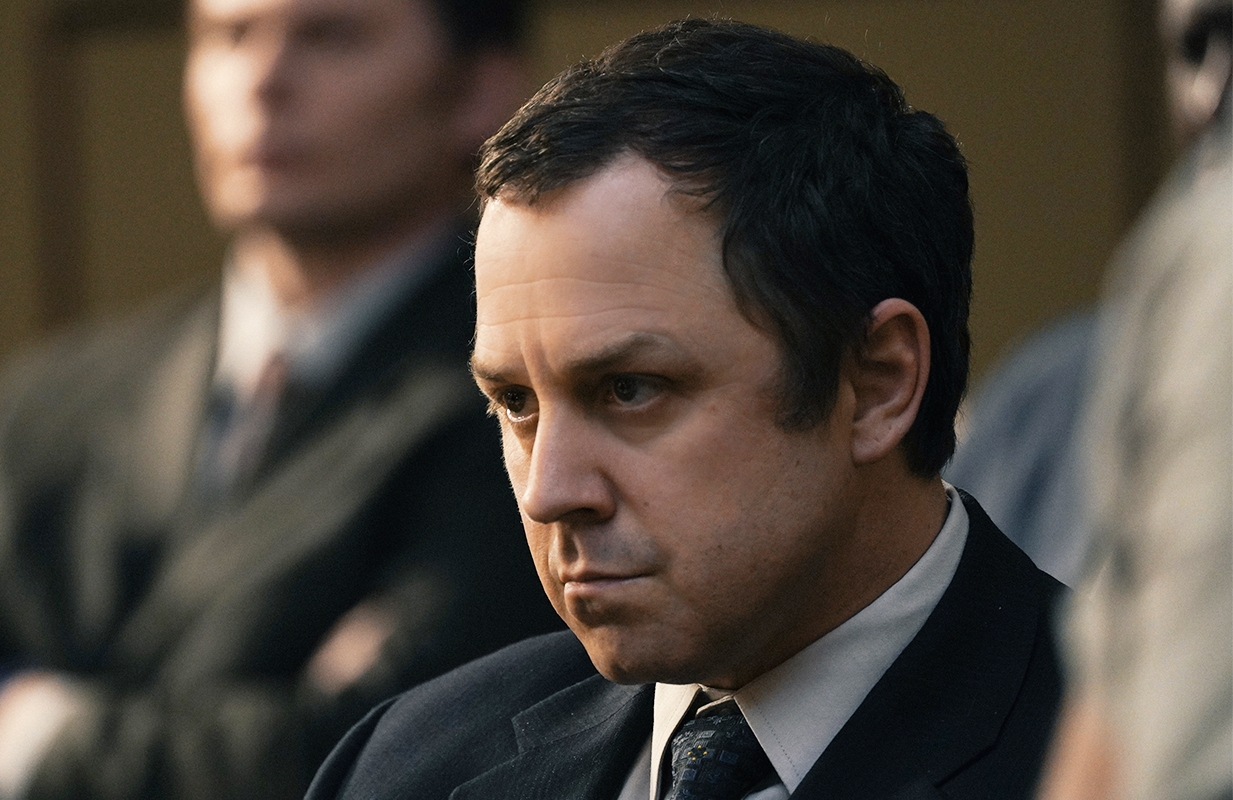
A Houston defense attorney with decades of experience under his belt, Dan Cogdell, played by Giovanni Ribisi (Sneaky Pete), represented 11 Branch Davidians in their 1994 criminal trial. The surviving members were charged with murdering four federal officers in the initial February 28 shootout, as well as various weapons and conspiracy charges, but Cogdell's client, Clive Doyle, was ultimately acquitted of all charges. The Aftermath presents Cogdell as a sound legal mind who became the de facto leader of the defense team, when in reality, he was one of 16 high-profile attorneys who worked together on the case, which culminated in the jury rejecting conspiracy murder charges against all 11 defendants.
Judge Walter Smith (David Costabile)
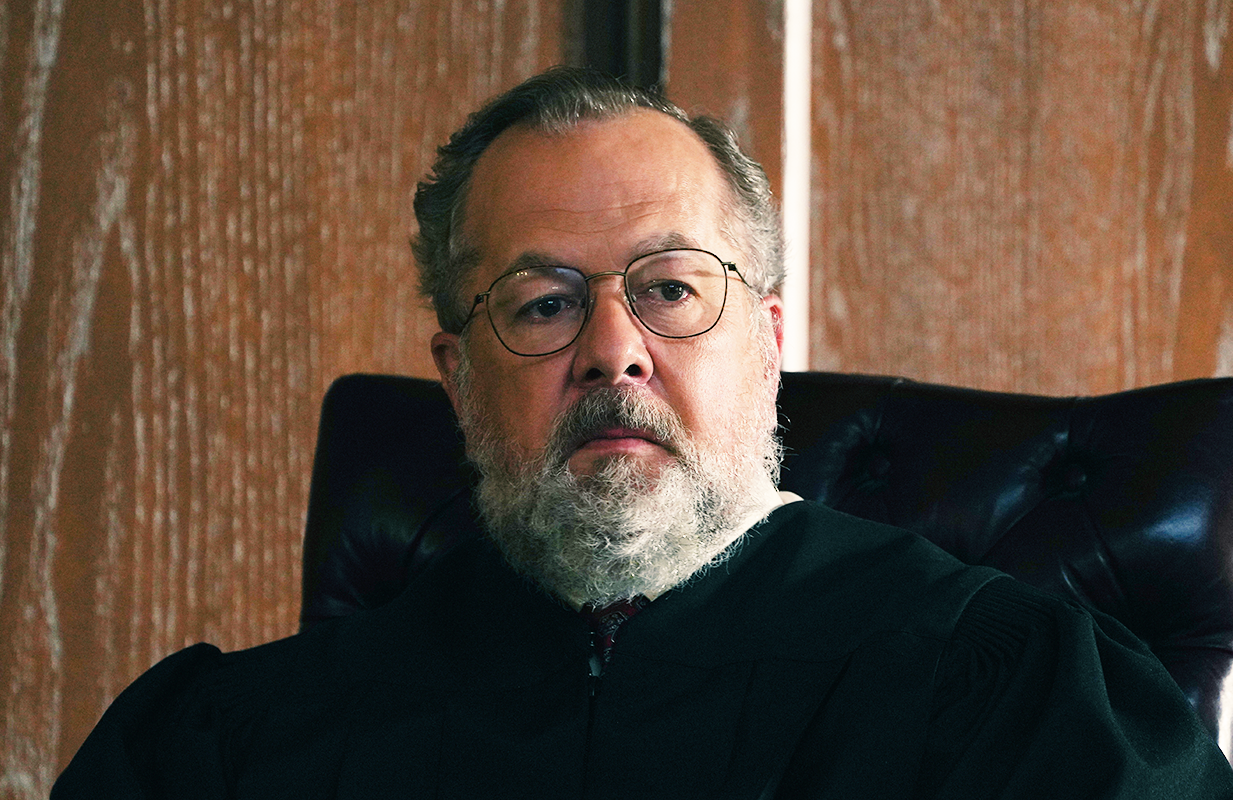
Waco: The Aftermath suggests that Cogdell's biggest enemy in the courtroom wasn't prosecutor Bill Johnston (Michael Cassidy) — it was U.S. District judge Walter S. Smith Jr., played by David Costabile (Billions). The show puts Smith's alleged biases against the Branch Davidians on full display: Costabile's character denies Cogdell's request to ban the word "cult" from the courtroom and expresses his doubt in their innocence before the trial even begins.
This characterization is reflective of Smith's behavior during the 1994 trial, when he sentenced five of the survivors to 40 years in prison despite the jury finding they acted in self-defense on the day of the shootout. Afterwards, jury foreperson Sara Bain said Smith's sentencing was "entirely too severe," while Doyle later said Smith — who, in 2000, cut 25 years from five of their sentences at the urging of the Supreme Court — was "prejudiced since day one."
Clive Doyle (John Hoogenakker), Livingstone Fagan (Michael Luwoye), Ruth Riddle (Kali Rocha), and Paul Fatta (Nicholas Kolev)
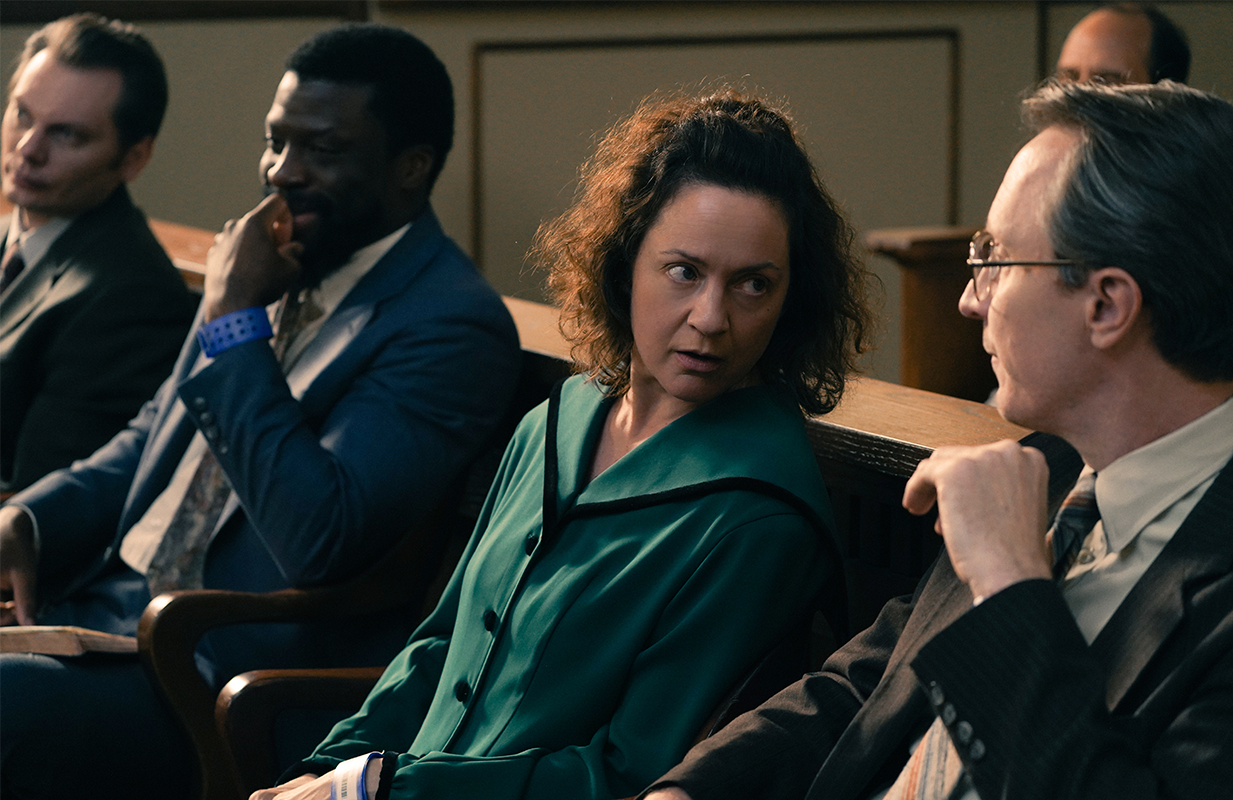
Of the 11 Branch Davidians on trial, The Aftermath focuses specifically on four: Clive Doyle (John Hoogenakker, Dopesick), an Australian national who became Koresh's first follower; Livingstone Fagan (Michael Luwoye, Emancipation), a British citizen who met Koresh abroad and moved to Waco to study underneath him; Ruth Riddle (Kali Rocha, Man With a Plan), one of Lois' followers who changed allegiances and embraced Koresh; and Paul Fatta (Nicholas Kolev, FBI: International), who was convicted of aiding Koresh in the possession and making of automatic weapons. Kathy Schroeder (Annika Marks, who appeared in the 2018 series), who struck a plea deal and was sentenced to only three years in prison, is also featured in the five-episode sequel.
While Doyle was acquitted on all charges, Fagan, Riddle, and Fatta were convicted on aiding and abetting manslaughter (in Fagan's case) and various weapons charges. Riddle was sentenced to five years in prison, while Fatta received a 15-year sentence and Fagan a 40-year sentence, though it was later reduced by 25 years as a result of the 2000 Supreme Court ruling.
Gordon Novel (Gary Cole)
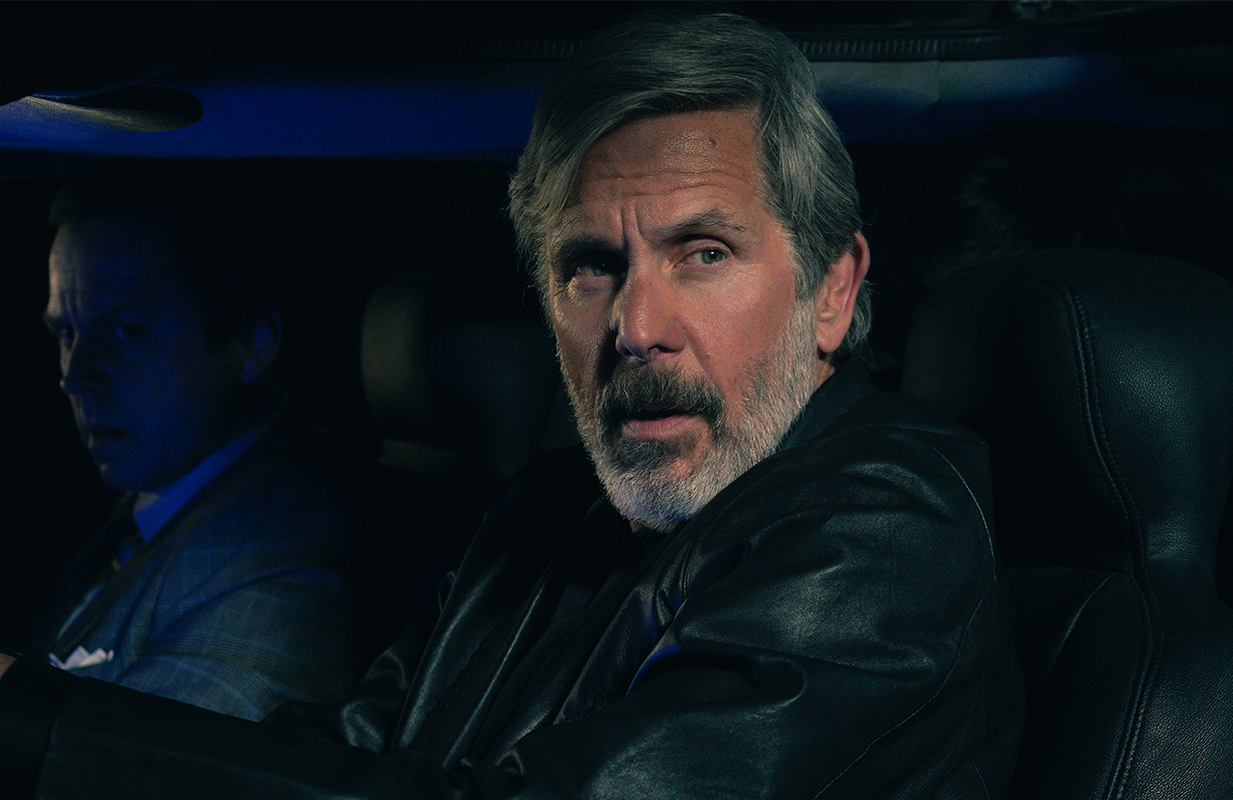
In the immediate aftermath of Waco, conspiracy theories emerged about the federal government's involvement in the tragedy — and many of them can be traced back to Gordon Novel, played by NCIS and Veep star Gary Cole. A private investigator who claimed to have CIA connections, Novel made a name for himself in the 1960s thanks to a public feud with Louisiana District Attorney Jim Garrison. In 1993, Novel was hired by U.S. Attorney General Ramsey Clark to look into the Waco siege, and he ultimately concluded that federal agents fired at Koresh and the Branch Davidians on April 19, 1993. (The FBI has long disputed this claim, asserting that its officers "fired no shots on that day and the Davidians started the fires that ultimately engulfed the compound.") Novel pointed to an infrared FLIR tape filmed just before the fire as evidence of the government's malfeasance, but this technology has since been called into question.
Timothy McVeigh (Alex Breaux)
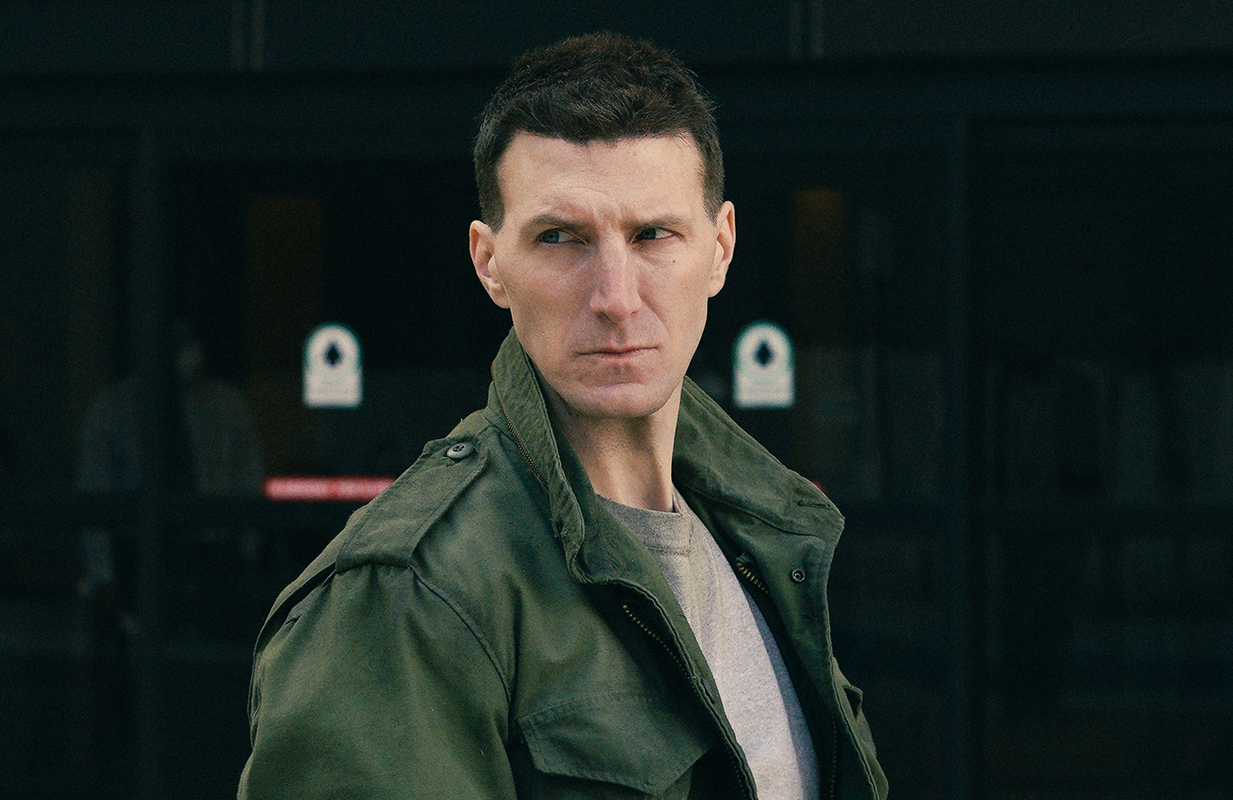
It's impossible to discuss the Waco siege without acknowledging its influence on domestic terrorist Timothy McVeigh (Alex Breaux, When They See Us), who, along with Terry Nichols, perpetrated the 1995 Oklahoma City bombing at the Alfred P. Murrah Federal Building. 168 people, including 19 children, were killed and 680 others were injured in the blast, which remains the deadliest act of domestic terrorism in American history.
McVeigh, a Gulf War veteran, traveled to Waco during the standoff and distributed pro-gun literature. As the siege continued, McVeigh became more radicalized against the government, and in the months that followed, he recruited Nichols, his former platoon guide, to seek revenge for Waco and the 1992 Ruby Ridge incident, an 11-day standoff between white separatist Randy Weaver and federal agents. After detonating the explosive, McVeigh was arrested for driving without plates and possessing an illegal firearm, at which point authorities realized he was involved in the Oklahoma City bombing. He was found guilty on 11 federal charges, including the use of a weapon of mass destruction, and was executed by lethal injection in 2001.
28 years after the Oklahoma City bombing, the threat of far-right domestic terrorism remains. According to the Southern Poverty Law Center, 566 anti-government groups, 128 of which are white nationalist groups, are currently active in the United States, and their membership is growing. This terrifying reality makes Waco: The Aftermath all the more timely, even if it fudges history a bit along the way.
New episodes of Waco: The Aftermath stream Fridays and air Sundays at 10:00 PM ET on Showtime.
Claire Spellberg Lustig is the Senior Editor at Primetimer and a scholar of The View. Follow her on Twitter at @c_spellberg.
TOPICS: Waco: The Aftermath, Showtime, Waco, Abbey Lee, Alex Breaux, David Costabile, David Koresh, Gary Cole, Giovanni Ribisi, J. Smith-Cameron, Keean Johnson, Michael Shannon, Michael Vincent Berry, Sasheer Zamata